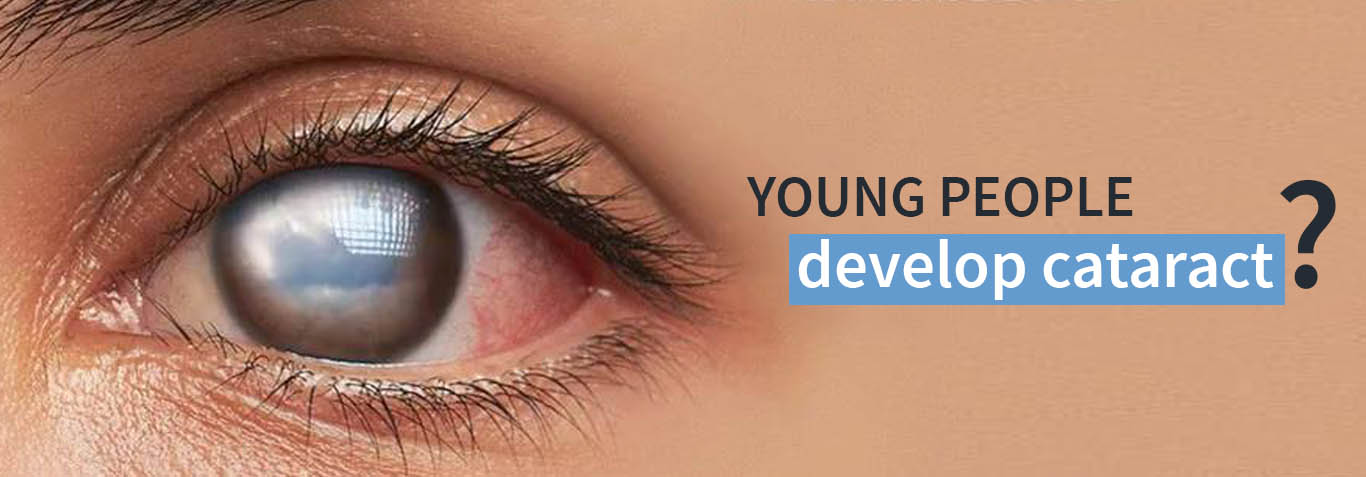Having a cataract is like looking through a fogged-up window. Cataract slowly creeps and steadily develops over the years. It may not cause any problem at first, but it interferes and impairs the vision when left untreated. At first, it might seem that cataract is harmless, but a delayed cataract removal may lead to a grade of cataract that is risky to remove. Stronger lighting and magnifying glasses are a temporary solution until the cataract is at a stage when there is no other option but to remove it through surgery.
Early sign of cataract that you should not ignore!
Cataract builds because of accumulation of protein in and around lens with symptoms like blurred vision. If you have dim vision with poor night vision, so much that you have to read from a close distance or need excessively bright light then it is an early stage of cataract development. Cataract is also accompanied with symptoms like light sensitivity, halos around light, fading or yellowing of colours and double vision at times. If you see any of these vision changes then you must see your eye doctor.
Things to do before cataract surgery
Lowering comorbidity factors – If you have diabetes or high blood pressure, then you should lower these factors and bring them to normal levels. This way you can avoid post-operative complications.
Being careful with medicines – It is crucial to be very particular about the medicines your eye doctors have prescribed you. Be it antibiotic or anti-inflammatory eye drops, you have to use them prudently as they are to lower your operation-related complications.
Following the preoperative instructions – It is wise to do as you have been told to do by the experts. If you are asked to stay on a fast for 12 hours before operation, then you should strictly follow that.
Things to avoid before surgery for a better experience
You should not take blood thinners – Eye procedure might lead to minimal bleeding that can become serious otherwise if you are on a blood thinner. Taking a blood thinner is not advisable before surgery. Normally doctors advise that you should avoid taking medicines like aspirin, or other anti-clotting drugs from 3 days before surgery.
Avoid using Contact lens – Choose specs over contact lens when the surgery date approaches. Contact lenses increase the chances of getting infections that might delay the date of your procedure.
Stay away from makeup – Don’t use any eye makeup on the day of surgery, as unwanted chemicals aren’t welcome during procedures. Eye makeups may irritate your eyes and may raise operation-related complications.
No, a cataract doesn’t only affect elders; they also affect young people and the surest way to know if you have a cataract or not are to visit your ophthalmologist. Many people think that they can prevent cataracts through yoga, diet and random eye drops. But this is wrong. Another riskier myth associated with cataracts is that people think that they should operate cataracts on ripening. Ripening on the other hand can increase complications and so you should do everything before your cataract reaches that stage. The cataract surgery should be done as early as possible. At The Retina Centre we encourage people to go for full eye check-up. Our experts have firm belief that periodic eye scans can detect eye related complications at an early stage.


